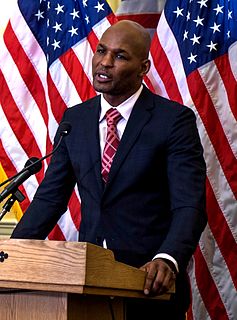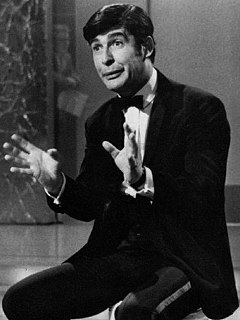A Quote by James E. Faust
Our awareness of time affects how we think and act. This is illustrated by the story about the clock in a restaurant window. It "had stopped a few minutes past noon. One day a friend asked the owner if he knew the clock was not running. 'Yes,' replied the restaurant man, 'but you would be surprised to know how many people look at that clock, think they are hungry, and come in to get something to eat."' If only there were some kind of divine timepiece that would arouse a spiritual hunger in people!
Quote Topics
About
Act
Affects
Arouse
Asked
Awareness
Clock
Come
Day
Divine
Eat
Few
Friend
Get
Had
How
How Many People
Hunger
Hungry
Illustrated
Kind
Knew
Know
Know How
Look
Man
Many
Minutes
Noon
One Day
Only
Our
Owner
Past
People
Restaurant
Running
Some
Something
Spiritual
Spiritual Hunger
Stopped
Story
Surprised
Think
Time
Were
Window
Would
Would Be
Yes
Related Quotes
No! Not for a second! I immediately began to think how this could have happened. And I realized that the clock was old and was always breaking. That the clock probably stopped some time before and the nurse coming in to the room to record the time of death would have looked at the clock and jotted down the time from that. I never made any supernatural connection, not even for a second. I just wanted to figure out how it happened.
People are most shocked and most in disbelief that I go to the office every day. I have a job. When I'm not acting on a movie, I go to work, first thing in the morning. I'm at work at 8 o'clock in the morning, and I get home from work at 7 o'clock at night. I treat my job like a job, and I work at it. I think people would probably be most surprised, if I ever calculated up the number of hours I work on an average week and published that. If it was ever documented, I think people would be shocked to find out.
It would have been better to come back at the same hour,” said the fox. “If, for example, you came at four o’clock in the afternoon, then at three o’clock I shall begin to be happy. I shall feel happier and happier as the hour advances. At four o’clock, I shall already be worrying and jumping about. I shall show you how happy I am! But if you come at just any time, I shall never know at what hour my heart is to be ready to greet you . . . One must observe the proper rites . . .
In this world, there are two times. There is mechanical time and there is body time." "They do not keep clocks in their houses. Instead, they listen to their heartbeats. They feel the rhythms of their moods and desires." "Then there are those who think their bodies don't exist. They live by mechanical time. They rise at seven o'clock in the morning. They eat their lunch at noon and their supper at six. They arrive at their appointments on time, precisely by the clock.
At the center, where a cuckoo bird would live in a more traditional timepiece, is the juggler. Dressed in harlequin style with a grey mask, he juggles shiny silver balls that correspond to each hour. As the clock chimes, another ball joins the rest until at midnight he juggles twelve balls in a complex pattern.
After midnight the clock begins once more to fold in upon itself. The face lightens and the clouds return. The number of juggled balls decreases until the juggler himself vanishes.
By noon it is a clock again, and no longer a dream.
I'm one of the people who believes that our losses were greater than our gains. Because before the Civil Rights movement we had entrepreneurship in the black community. Right now, in Harlem, if I wanted to get a shoe repaired, I would have a hard time finding a black shoe repairman. On near about every third corner, you could find a decent black barber, decent black laundry, had restaurants in the neighborhood that were open 24 hours. The food was good at 3 o'clock in the morning as at 3 o'clock in the afternoon.
Our struggle to put first things first can be characterized by the contrast between two powerful tools that direct us: the clock and the compass. The clock represents our commitments, appointments, schedules, goals, activities - what we do with, and how we manage our time. The compass represents our vision, values, principles, mission, conscience, direction - what we feel is important and how we lead our lives. In an effort to close the gap between the clock and the compass in our lives, many of us turn to the field of "time management."






































